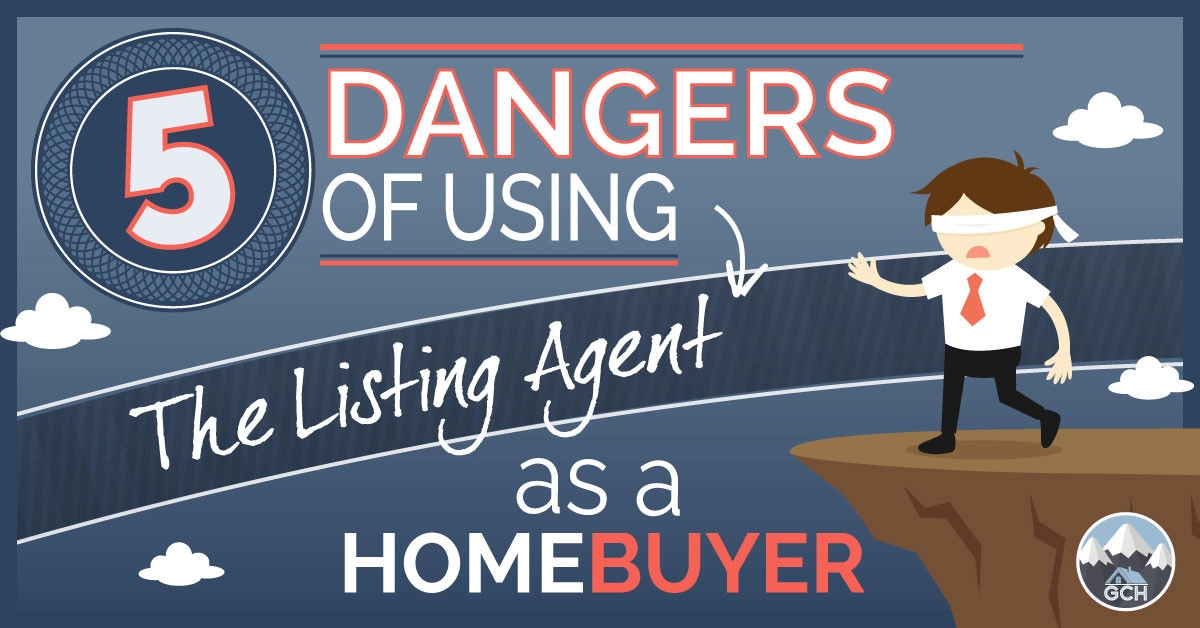Blog Category - Home Buying Tips
Recent Blogs
Posts by Categories
- Home Buying Tips (27)
- For REALTORS® (19)
- Living in Colorado Springs (17)
- Home Selling Tips (15)
Posts by Month
- December, 2025 (2)
- November, 2025 (1)
- October, 2025 (1)
- September, 2025 (5)
- August, 2025 (5)
- July, 2025 (5)
- June, 2025 (6)
- May, 2025 (5)
- April, 2025 (2)
- May, 2024 (1)
What's your home worth?
Have a top local Realtor give you a FREE Comparative Market Analysis
@ Copyright 2026, GreatColoradoHomes.com - Powered by AgentLoft


.png)






